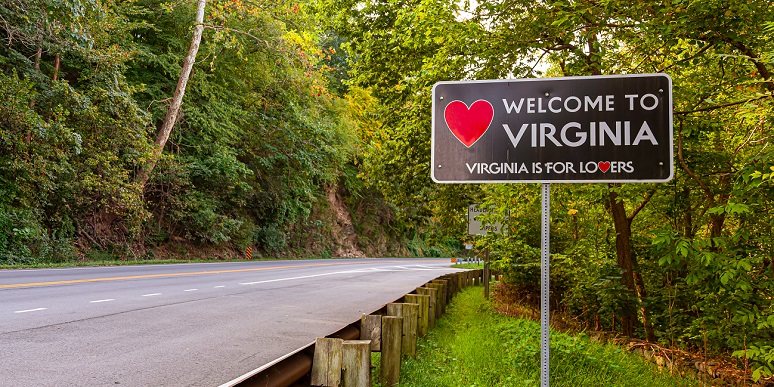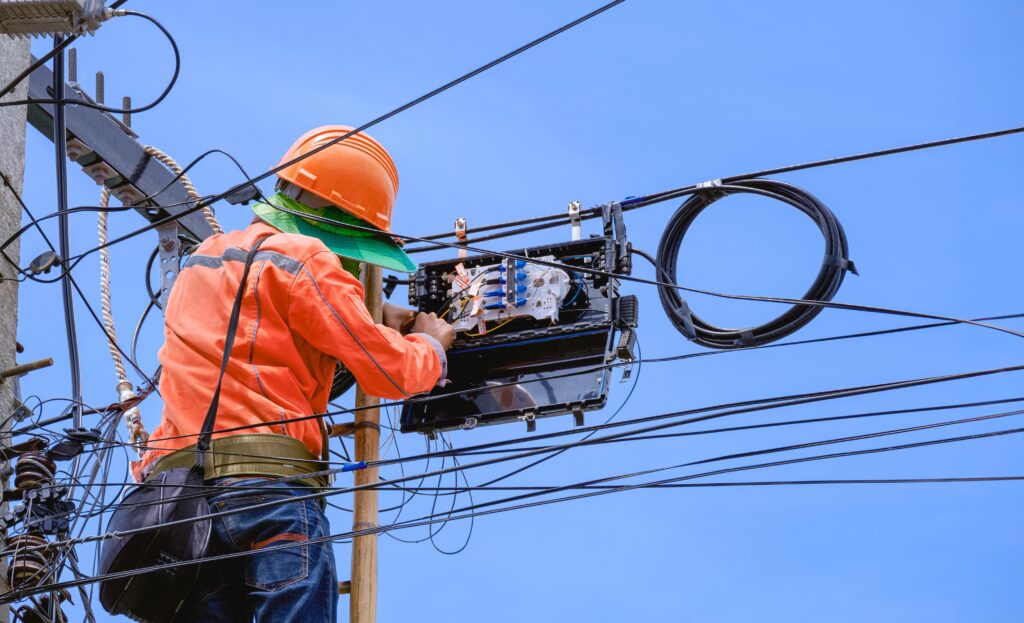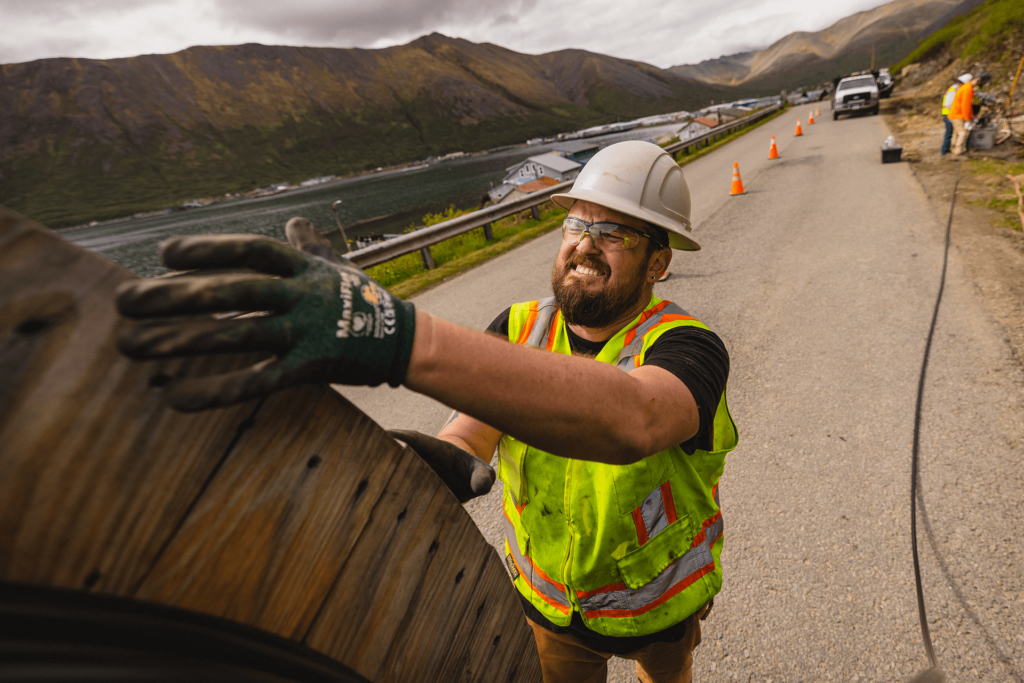Across rural America, from the most remote areas of Alaska to the grain silos of Minnesota, cable internet service providers (ISPs) continually build out their broadband networks to connect as many unserved Americans as possible.
Why it matters: In today’s world, a high-speed broadband connection is a must-have for everything from education, business, healthcare, entertainment, job searching, to communicating with loved ones. Simply put, broadband is today’s opportunity infrastructure.
Go deeper: Virginia is one example where multiple experienced ISPs are working to ensure that hard-to-reach towns gain access to high-speed internet. Despite tremendous progress, some communities in rural America still lack broadband including hard-to-reach areas where miles of farmland or harsh terrain separate one neighbor from the other.
- In the “Old Dominion” state over the past couple of years, Comcast, Charter, and Cox have expanded their networks to rural areas where broadband service was previously nonexistent, including towns along the Eastern Shore, communities on the outskirts of Roanoke, and the popular recreation spot of Smith Mountain Lake.
- The end result includes small business owners citing improved experiences, students being able to continue their schooling online during earlier pandemic shutdowns and local council members sharing the limitless opportunities that broadband will bring their town.
How they did it: Charter, Comcast, and Cox each poured millions of dollars of their own capital to make these buildouts in Virginia possible while working hand in hand with local entities, nonprofits, schools, philanthropists, and community organizations to identify areas that were most in need. Public – private partnerships are critical for closing gaps in these areas where building networks is cost prohibitive.
- The ISPs played a critical role in helping communities leverage federal, state, and local funds available to them, and in securing grants and awards to support the buildouts.
- Cable providers also offer steeply discounted broadband packages so that every family can subscribe and take advantage of the benefits an internet connection delivers.
What comes next: The disbursement of the federal funding from the Infrastructure Investment and Jobs Act will accelerate efforts to connect rural and remote regions and reinvigorate public-private partnerships that are essential to reaching these communities.
- Cable ISPs are already working on the next generation 10G platform that will deliver symmetrical gigabit speeds throughout America.
To read more about Charter’s, Comcast’s, and Cox’s work in rural Virginia, visit NCTA’s Virginia Case Study page.









